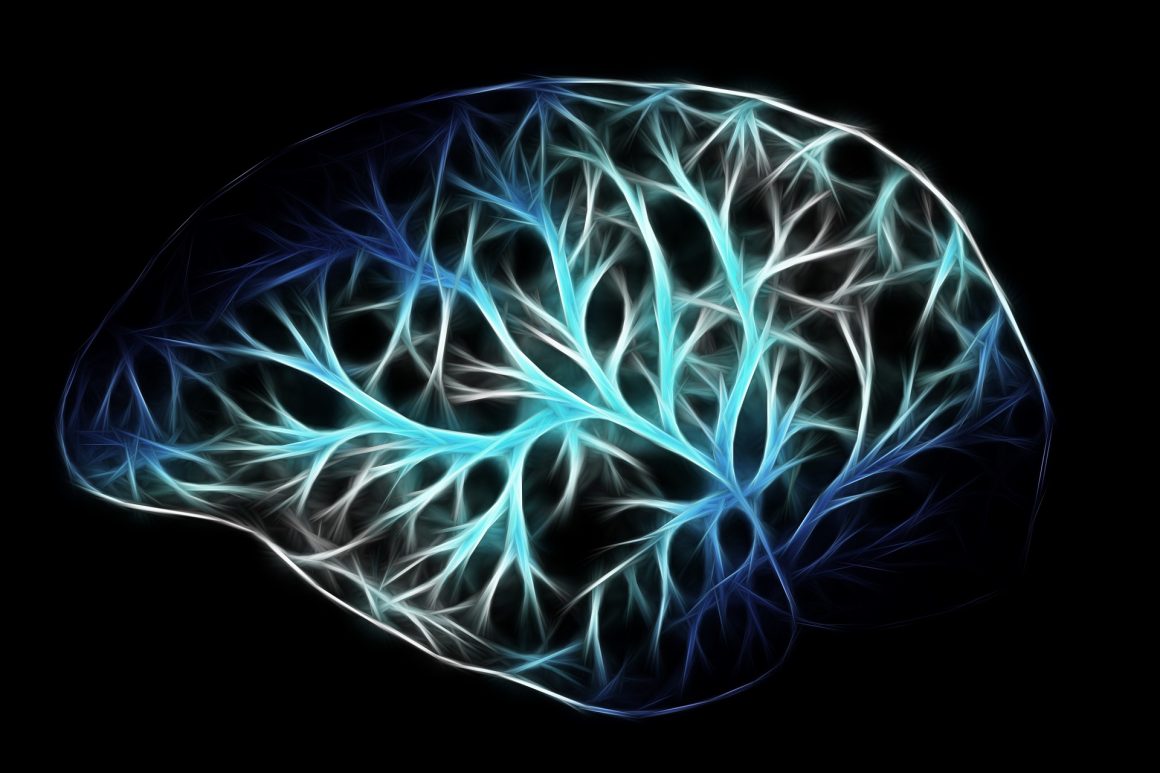
Ways of knowing: Multisensory storytelling
By Erin Novakowski, March 24, 2021—
At a talk hosted by the Calgary Public Library in partnership with the UCalgary Knowledge Engagement team, Dr. Kathleen Sitter, PhD, shared her experience in the world of multisensory storytelling and discussed how it can make research more accessible. Sitter is currently the Canadian Research Chair in Multisensory Storytelling in Research and Knowledge Translation, and has completed 20 years of arts-based research related to critical disability studies. In this time, she has worked with disability activists, the disabled community and fellow researchers to challenge and transform the way people approach the acts of storytelling and sharing knowledge.
Sitter began her discussion by inviting attendees to ponder the question, “how do we know what we know?” While her work in the past has focused on emancipatory research, she pointed out that all too often, research that requires interactive participation of subjects and viewers is inaccessible in a number of ways. Giving examples, Sitter pointed out that many very routine aspects of research today actually end up excluding large numbers of participants. These examples included that research done in group formats can be overwhelming, and that popular research tools such as “photovoice research” privileges spoken word and the ability to identify ideas verbally. This technique has research participants take photos of things in their environment that they deem relevant to the study, and then sharing stories about the photos they have taken with the researchers and other participants. As well, much of academia relies on written narrative as its main or sole tool of communication. All these methods prove highly inaccessible to those who experience life using different approaches and senses, meaning that inaccessibility and ableism is highly prevalent in the world of research.
These examples of inaccessibility then begged a discussion of how researchers can centre disability in their studies, and Sitter highlighted the necessity of exploring new ways to foster participation, engage in data collection and share findings in more accessible ways. This led to her explanation of how multisensory research can be groundbreaking in this exact way. By leading attendees through an exploration of all the different senses and the role they play in storytelling, it became very clear how techniques like these could completely change the field of research as we know it today. All of our senses can help jog our memory and are thus crucial to information collection, but Western society prioritizes five senses and falsely ascertains that sight is the best way of knowing. Sitter explained that this is where phrases like “seeing is believing” have gained their popularity, even despite the other senses offering just as enriching experiences. Sitter explained that other academics have identified as many as 53 senses, and yet Western research is stuck on the idea that sight is the most influential and effective one available.
Even only regarding the other main senses prioritized by Western research, there are many aspects of information processing that is largely left out of many studies, eliminating opportunities to draw on lived experiences that can be most meaningfully connected to memories elicited by smell, sound or even taste. According to Sitter, some multisensory researchers have used “smellscapes” to bring about vivid emotional responses in research participants. In much the same way, sounds like music can often effectively transport listeners to a different place, and the sonic senses are used in everyday life to communicate vital information about environments and surroundings that can be helpful to thorough research. The sense of taste as well can instigate important memories and connections, as food is considered by many researchers to be vital to our social relationships.
Using multisensory research to incorporate these multiple ways of knowing into more thorough understandings of lived experience, Sitter posited that many projects today tend to “bracket out” data to exclude many of these senses. The truth is, she explained, that fieldwork done by all researches occurs in environments containing all of these senses, whether this ends up being acknowledged in the study or not. She shared a story of one of her own research projects — a study on accessible transit and quality of life — where photovoice was the chosen method of data collection. Sitter reminisced on how that project might have been different, and perhaps offered a deeper understanding of paratransit and its effects, if it had been able to highlight other senses like sound or scent.
Sitter then turned the discussion to that of considerations that have to be made when doing multisensory research, and the ethics involved in projects like these. Making the research process itself more accessible is of utmost importance to Sitter, and shifting the conversation towards increasing engagement should be on the mind of researchers today. There are a number of aspects that must be considered when trying to utilize multisensory research, not the least of which is problems of funding and resources. Focusing on disability specifically in relation to multisensory research will help academia to begin questioning conventional methods, and it gives an opportunity for researchers to give something back to the disability community. Because of the somewhat restricted attitudes towards ways of knowing in research, it often becomes the case that the stories of nondisabled parents or caregivers are centred rather than the disabled person themselves. This could be remedied by eliminating the ableism and inaccessibility related to prioritizing only traditional information collection, and instead broadening research to fully capture the lived experiences of those they aim to understand.
For questions regarding multisensory research or any of her previous projects, Kathleen can be contacted by email at kcsitter@ucalgary.ca.
